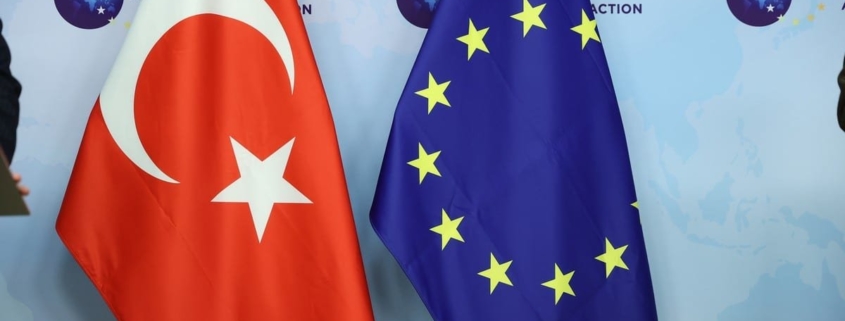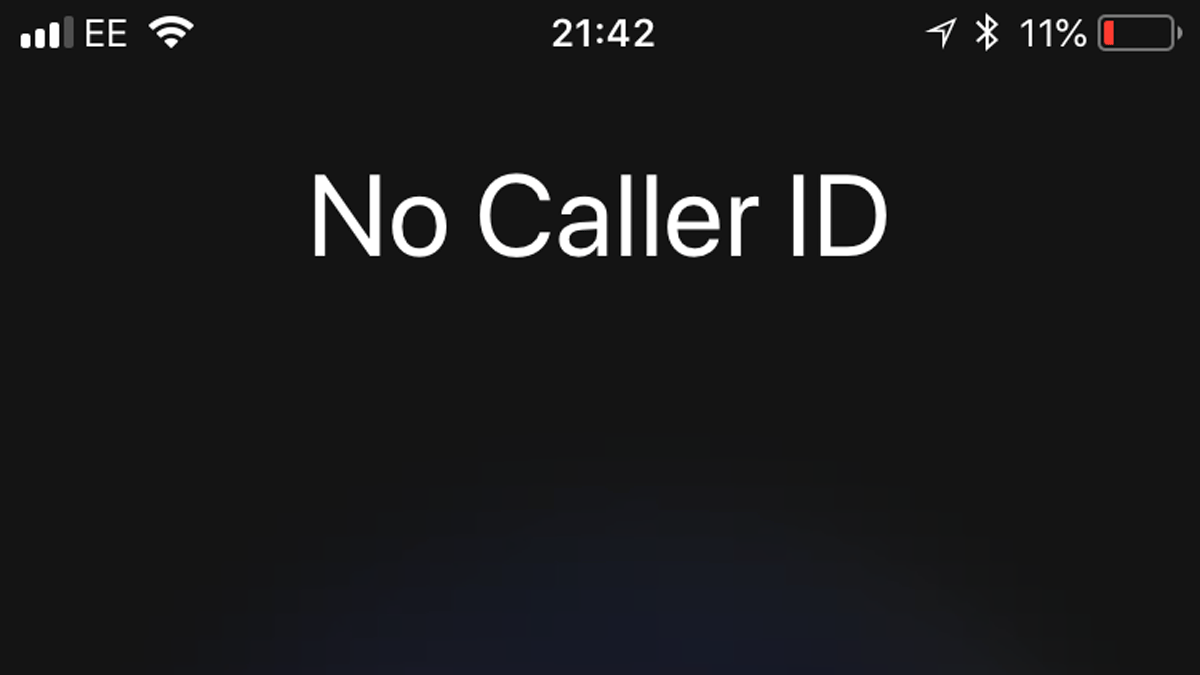Does Turkey need the EU anyway? – Middle East Monitor
Australia’s scrapping of the French submarines deal constitutes a turning point in the strength and solidarity of the Western alliance headed by the US, which dominated the world stage following the end of the Cold War period and the formation of the Western-oriented world order.
Over the past three decades, there was a state of harmony and consistency between the US and its global allies, including European countries, Canada, Australia and others. This was represented in backing the US-led wars in Afghanistan in 2001 and in Iraq in 2003, and other hot files worldwide.
Turkey, for its part, sided with the Western camp in the Cold War period and in the early post-Cold War period, by keeping close ties and alliances with the US and Europe. In the nineties of the last century, Turkey exerted great efforts to join the European Union (EU), but suffered a long procrastination process. However, within Turkey’s long waiting period, many changes and developments on the world stage took place.
In recent years, European countries, mainly France, began to realise how they were marginalised in the international arena when dealing with events such as the Ukrainian crisis with Russia and the differences between France and the US on dealing with the Syrian crisis. Similarly, the same can be said with the Iranian file, where the US position was the dominant actor in dealing with Iran. Last but not least, the US dominated the international community’s approach towards the Palestinian-Israeli conflict, even with the presence of the international quartet (the US, the EU, the United Nations (UN) and Russia).
New alliance
In a virtual joint press conference on 15 September for US President Joe Biden, UK Prime Minister Boris Johnson and Australian Prime Minister Scott Morrison, the latter announced his country’s scrapping of a multi-billion deal with France and inking a new one with the US and the UK to purchase nuclear-powered submarines, instead of the French diesel-powered submarines.
The move was shocking to France, which described it as a “stab in the back”. Paris recalled its ambassadors to Canberra and Washington for consultations. Other European countries were also astounded, as they felt…


